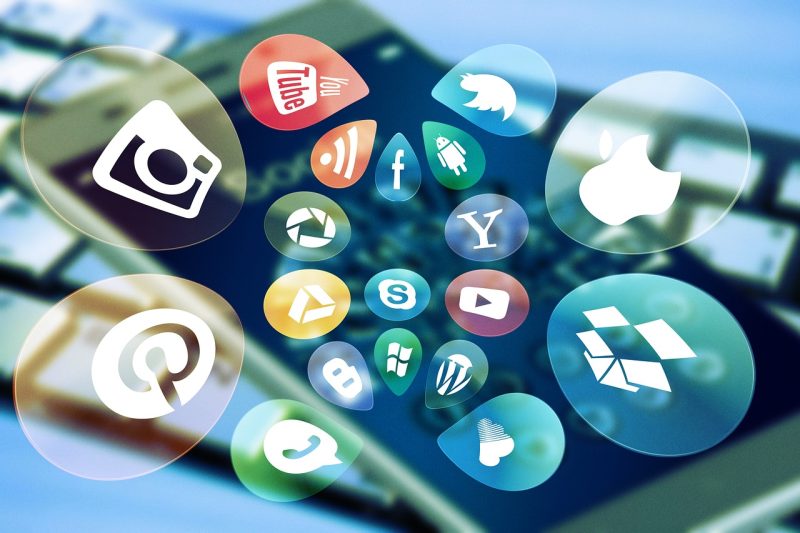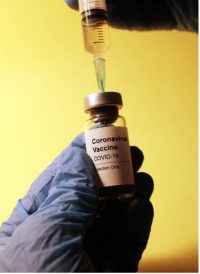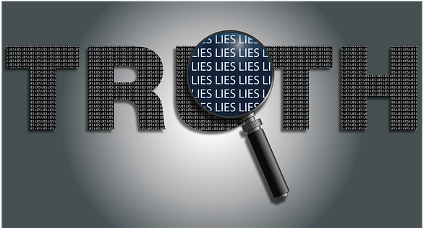
Infodemic – Scientific misinformation in this digital world
8 min read
Is there a piece of scientific information that you just learnt on TikTok? YouTube videos? Twitter threads? Or a podcast episode? In this day and age of the digital world, we are constantly showered by contents from the internet and social media. Scrolling through our Twitter feed or TikTok for-you-page to get the timeliest updates has almost or already become habitual – guilty as charged, no shame, I do that too. (Read my fellow blogger – Anja’s post on the Pros and Cons of Academic Twitter)
This format of rapid exposure and consumption of information has made it difficult to discern what’s a true signal versus noise. Scientifically logical claims from a putative expert or professional can easily turn out to be misinformation. Even having a ‘blue Verified badge’ by their social media handle may not mean that they are truly credible, but may soon simply be an indicator of paid subscription. Be it radical political ideologies or controversial scientific knowledge, digital platforms can be gravely convenient means to spread misinformation.
All that said, I don’t mean that we should delete all our social media accounts now, go on a digital detox retreat, and be off the grid. Rather, how can we educate ourselves and be better equipped with ‘survival’ skills while drowning in oceans of misinformation? Although the rate of technology advancements will always surpass the limits of human evolution, I’m a firm believer that we, the humankind of this digital era can live happily with technology. To many scientific communicators, social media platforms can be useful avenues for public engagement and outreach. Carrying the label of being a scientist, how can we be guardians of this new facility that has the power to readily disseminate misinformation?
Troubled waters ? ? ?
I’m a huge podcast listener. There are many content-heavy, educational podcasts. For some, podcast hosts invite ‘experts in the field’ as guests for long conversations on their topics of interest that may intersect with the fields of science. If I can categorize this learning medium within the hierarchical system of classifying evidence, such podcast episodes would fall under the ‘Expert Opinions’ or lower level. Though podcasts can be useful and accessible free resources, I often find myself using my skeptical ears and doing follow up research before concluding the credibility of the information I heard. I remember learning about the benefits of ketogenic diet from a podcast host, who has a M.D., but realizing a whole host of controversial studies after a quick PubMed search. Not because it is second nature to me being a cynical scientist, rather, it is important for listeners to practice media literacy to avoid falling into the dark abyss of misinformation.

It’s hard not to mention the media frenzy over anti-vax conspiracy theorist episodes on The Joe Rogan Experience podcast. While we started to see the light at the end of the COVID pandemic tunnel, we were soon haunted by the virality and dangers of misinformation controversy in the realm of social networks. For a celebrity influencer, who has 12.8 million YouTube subscribers, at least 11 million downloads per podcast episode, 9.6 million followers on Twitter, episodes tainted with COVID misinformation not only pose huge threats to public health but also to science. Fortunately, healthcare and STEM professionals swamped to debunk this misinformation and demanded Spotify to publish a misinformation policy. What’s highly disturbing and disheartening is: despite this remarkable feat, it further boosted Joe Rogan’s popularity and followers after this infamous media limelight.
There is an increasing trend for prominent scientists to have huge Twitter, and/or Instagram followers, to have their own podcasts or be invited podcast guests, and/or YouTube channels. Is this new wave of ‘celebrity scientists’ our friends or foes? Who is going to factcheck the shows’ claims and these experts’ opinions? How can we better use them for scientific communication and academic purposes? Can we depend on giant media platforms to enforce guidelines and policies designed to mitigate misinformation and take responsibility to protect their subscribers, listeners, and followers? How can we safeguard a secure future for science and media?
Threading water ? ? ?

We all love freedom of speech. Censorship and silencing of any content creator are unreasonable requests. Instead, misinformation policy should be a critical and basic feature on all media platforms. Certain technology is authoritarian by nature. Like the dystopian world painted in The Social Dilemma, a Netflix documentary, it has become more crucial and pressing for STEM professionals and science educators to help determine what’s considered unlawful contents of controversial topics on social media. While I often find myself leaning towards anti-fascism, an appropriate degree of democratic governing, regulations and fair judicial system could be practical mechanisms to help defend the philosophy of science at stake.
It is time for scientists and science educators to step up to help address the complex problem posed by the plague of misinformation.
Osborne J, Pimentel D. Science. 2022;378(6617):246-248.

In the modern age of technology and media, I can’t emphasize enough on the necessity of digital media literacy for all who connect digitally to the world. Digital media literacy is ‘the ability to critically, effectively and responsibly access, use, understand and engage with media of all kinds’. These skills should now, if not already, be in standard curricula for everyone to be capable of critically engage in the media we consume. Such competency could empower us in amending and realigning our broken relationship with technology as a tool for learning and connection.
Et cetera
If you want to learn more about this topic, I highly recommend these articles that are highlighted and referenced in my post:
queerioushazel
Queer | Vegan | Scientist studying aging | Exploring writing | Curious about everything

0 comments